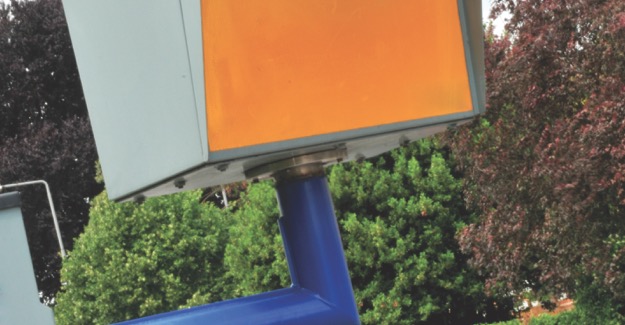Four-fold increase in maximum fine
The government has said the maximum fine a magistrates’ court can impose for speeding on the motorway will be raised from £2,500 to £10,000.
There are also big incresaes for fines associated with other offences including driving without insurance, minor disorderly behaviour and the sale of alcohol to a child.
Professor Stephen Glaister, director of the RAC Foundation, said:
“The backdrop to this is a decade long reduction in speeding on the motorways. Fines must reflect offenders’ economic circumstances but where are the figures which show we have an epidemic of super-rich boy racers who will only be deterred by a four-fold increase in financial penalties? We do not condone law breaking but the onus will now be on magistrates to demonstrate how these new powers can be used in a proportionate way.”
According to the Sentencing Guidelines Council there are three core elements a magistrate must consider when imposing a fine:
“The amount of the fine must reflect the seriousness of the offence.
“The court must also take into account the financial circumstances of the offender; this applies whether it has the effect of increasing or reducing the fine. Normally a fine should be of an amount that is capable of being paid within 12 months.
“The aim is for the fine to have an equal impact on offenders with different financial circumstances; it should be a hardship but should not force the offender below a reasonable ‘subsistence’ level.”
The guidelines say a speeding offence attracts a level 3 fine (which under the new regime will have a maximum limit of £4,000) or level 4 if it is on the motorway (new maximum of £10,000)
The annoucement comes just a week after Department for Transport figures showed the number of people breaking the speed limit, in free flow traffic, has been falling on most roads for the best part of a decade.


